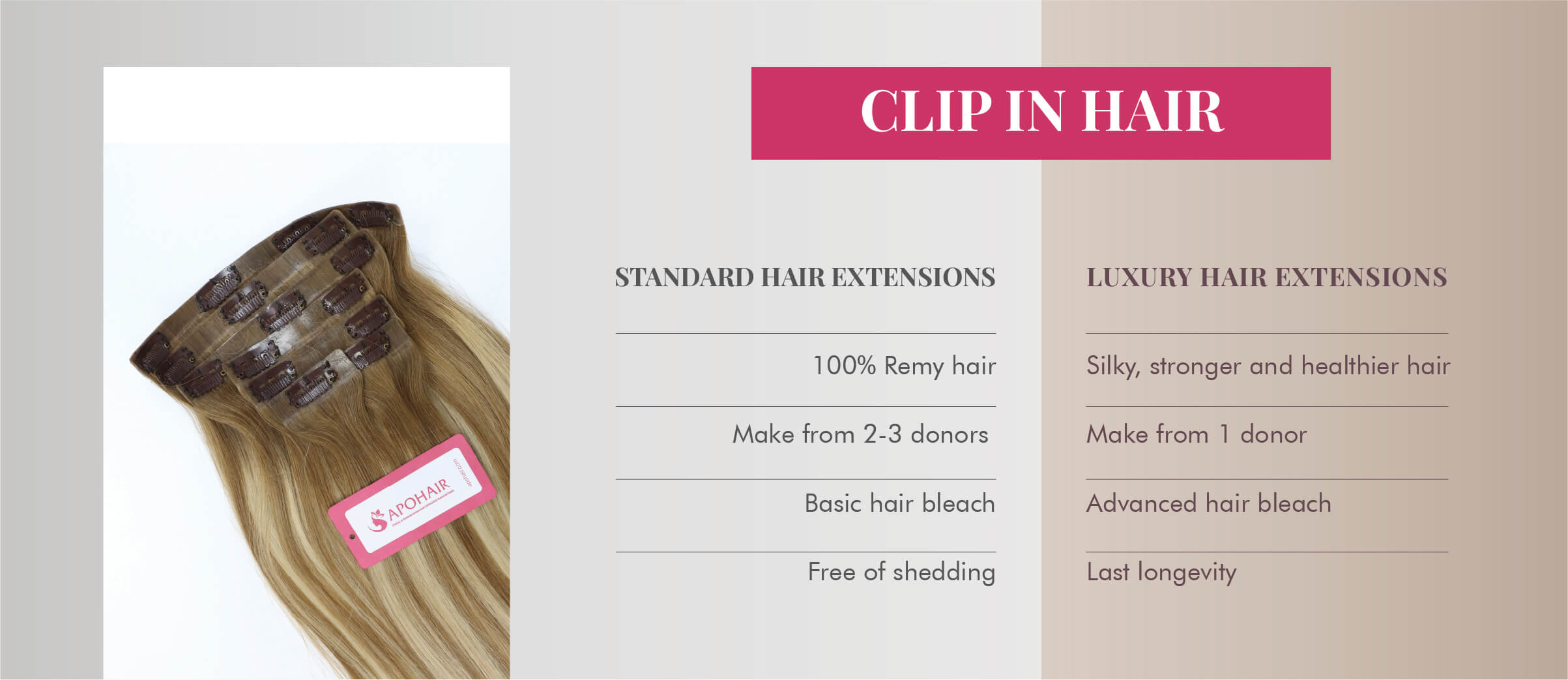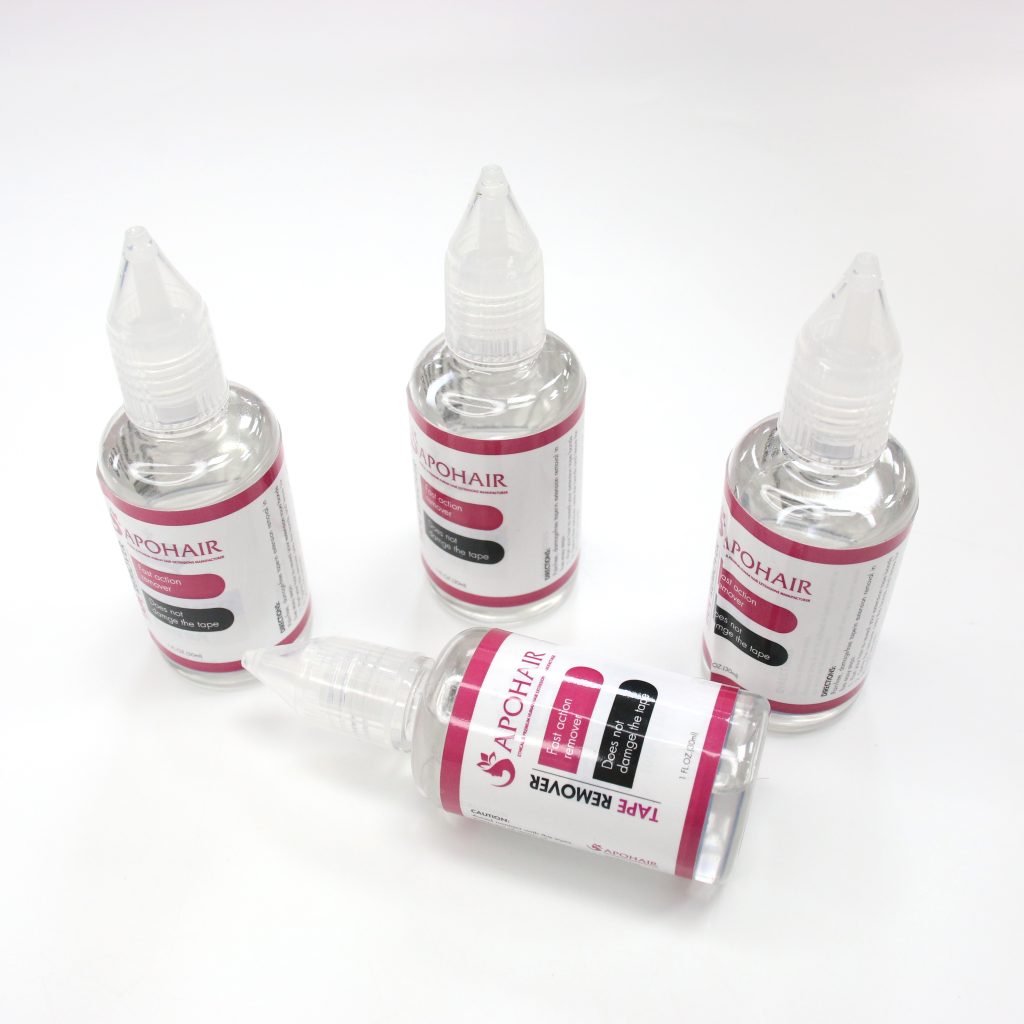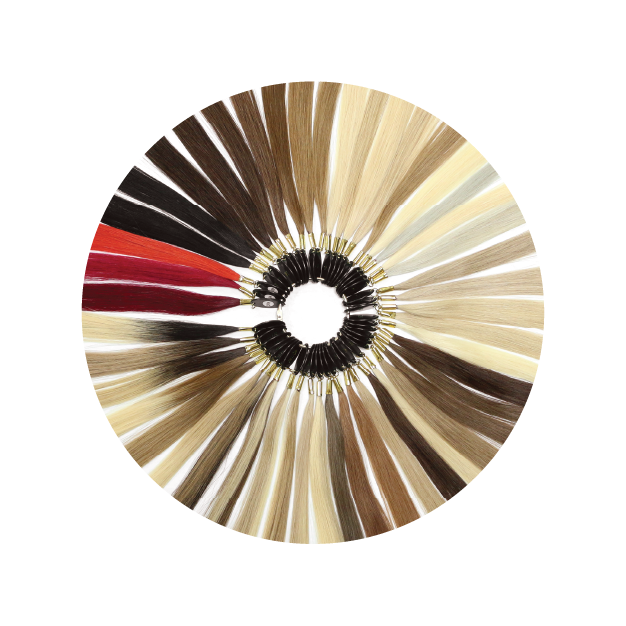Blog, Hair care, Hair Extensions
How to Take Care of Hair Extensions: A Comprehensive Guide
Hair extensions can transform your look, adding length, volume, and versatility to your hair. However, to keep them looking their best and ensure they last as long as possible, proper care and maintenance are essential. How to take care of hair extensions? No problem, in this comprehensive guide, we’ll walk you through the steps for taking care of hair extensions tips, whether they are tape-ins, clip-ins, sew-ins, or fusion extensions.
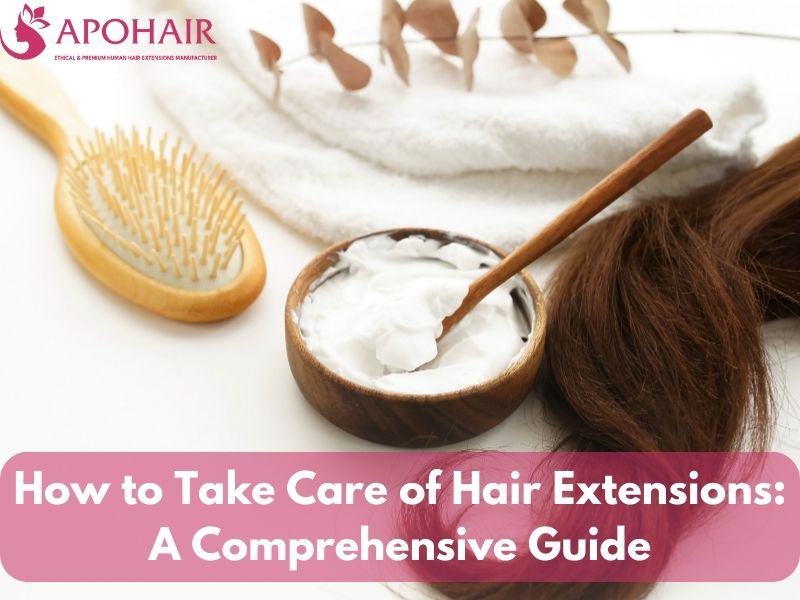
Do You Need To Take Care Of Hair Extensions?
The answer is yes, taking care of hair extensions is crucial to maintain their quality and appearance. The time required to care for hair extensions depends on the type of extensions, the method of application, and your personal routine. While caring for extensions does involve some maintenance, it doesn’t necessarily have to be a time-consuming process.
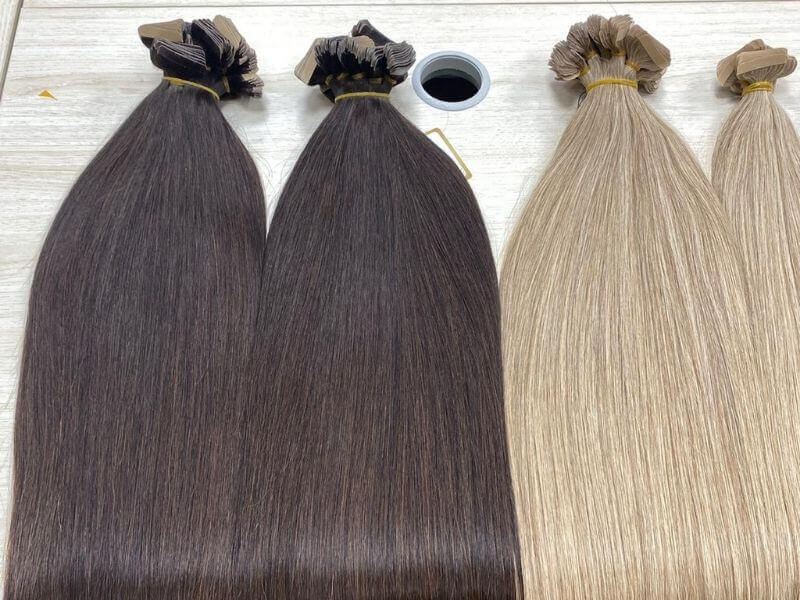
Proper Care for Natural Hair and Extensions
Properly caring for your natural hair is the foundation of maintaining your extensions. Here’s what you should do:
- Cleansing and Conditioning: Use sulfate-free, gentle shampoos and conditioners. Avoid products containing harsh chemicals that can damage your natural hair and extensions.
- Avoiding Heat Damage: Limit the use of hot styling tools on your natural hair, as excessive heat can weaken the bonds of your extensions.
-
Protective Styles: Consider wearing your hair in protective styles such as braids or buns to minimize stress on your natural hair and extensions.
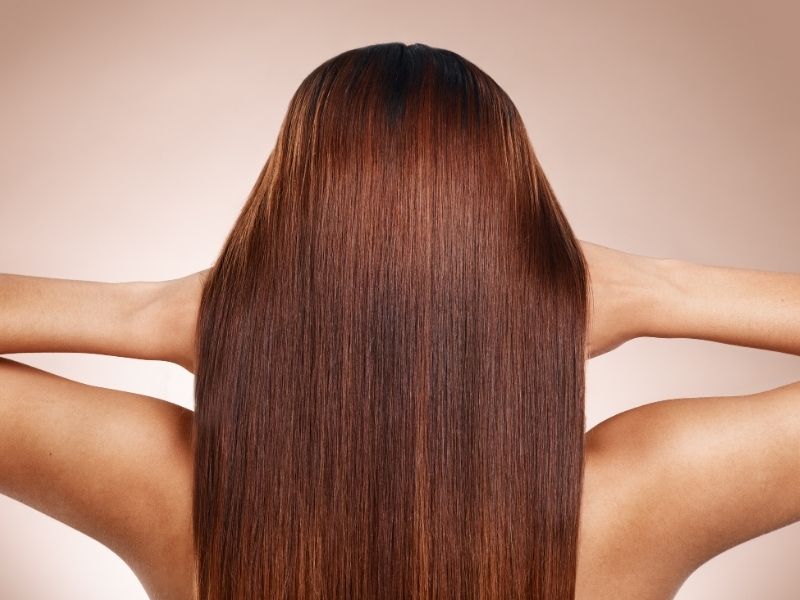
How To Take Care Of Extensions At Home – Daily Care for Hair Extensions
1. Brushing and Detangling
Use a soft-bristle brush or a loop brush to gently detangle your hair extensions. Start from the tips and work your way up to the roots, being careful not to pull too hard.

2. Shampooing and Conditioning
Wash your hair extensions with a sulfate-free shampoo and a hydrating conditioner. Be gentle during the washing process, and avoid rubbing the extensions together, as this can cause tangling.
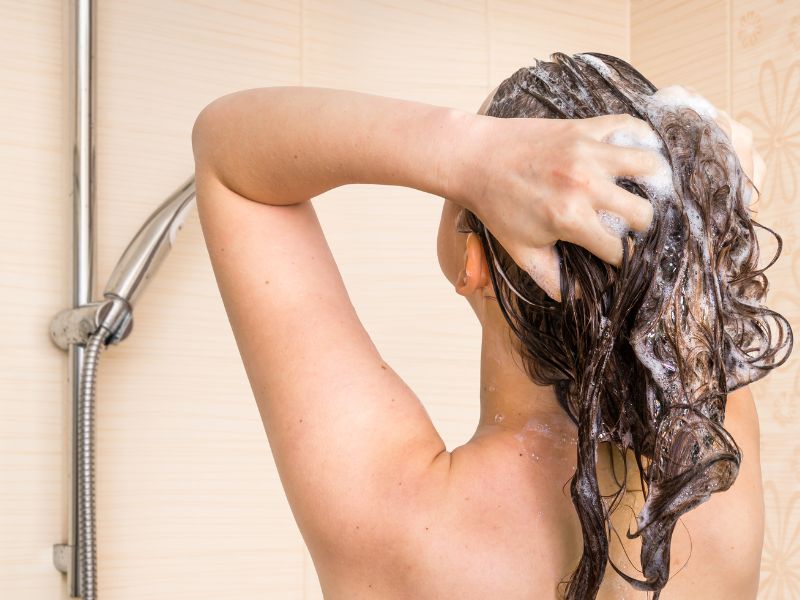
3. Styling Safely
When using heat styling tools, always apply a heat protectant spray to your extensions. Use low to medium heat settings and avoid excessive heat exposure.
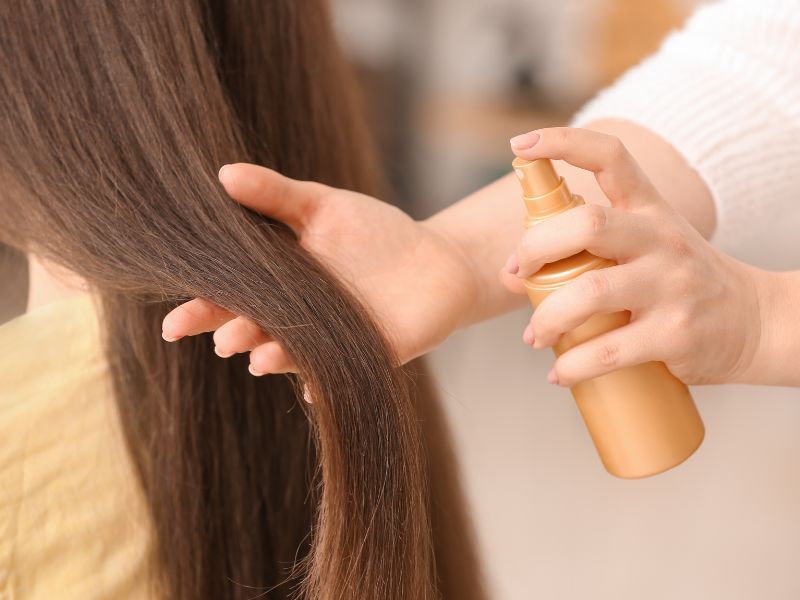
4. Avoiding Overuse of Products
While styling products can enhance the look of your extensions, overusing them can lead to buildup and tangling. Use them sparingly.
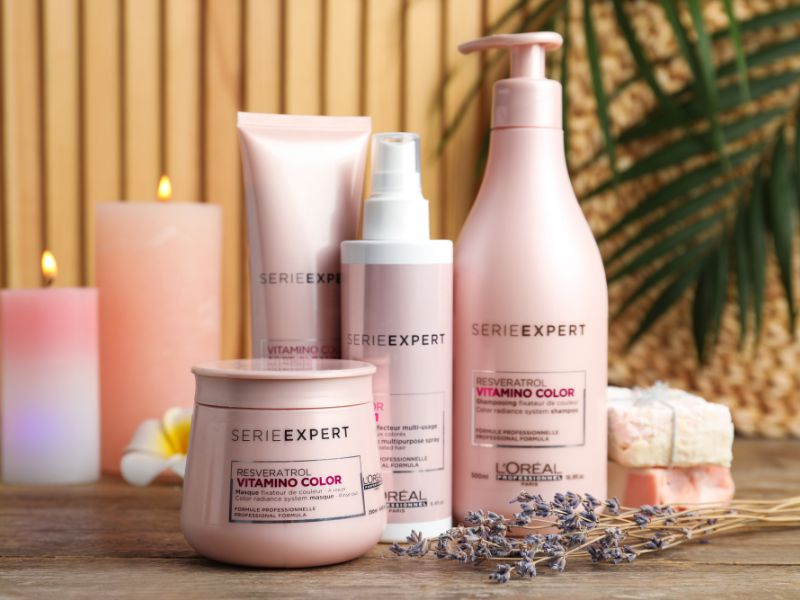
Related article: Top 5 Best Shampoos For Hair Extensions
5. Nighttime Care
Proper nighttime care can prevent tangling and prolong the life of your extensions:
- Use a Silk Pillowcase: Sleeping on a silk pillowcase reduces friction, helping to prevent tangles and breakage.
-
Secure Extensions Before Sleeping: If you have longer extensions, consider loosely braiding or tying them up before bedtime to prevent tangling.

6. Long-Term Maintenance
- Regular Check-Ins with a Stylist: Schedule regular appointments with a stylist who specializes in extensions. They can check the condition of your extensions, make any necessary adjustments, and provide professional care.
- Extension Removal and Reinstallation: Depending on the type of extensions you have, they may need to be removed and reinstalled periodically. Follow your stylist’s recommendations for maintenance intervals.
-
Proper Storage: If you need to remove your extensions temporarily, store them in a cool, dry place. Use the original packaging or a designated storage container to prevent tangling and damage.
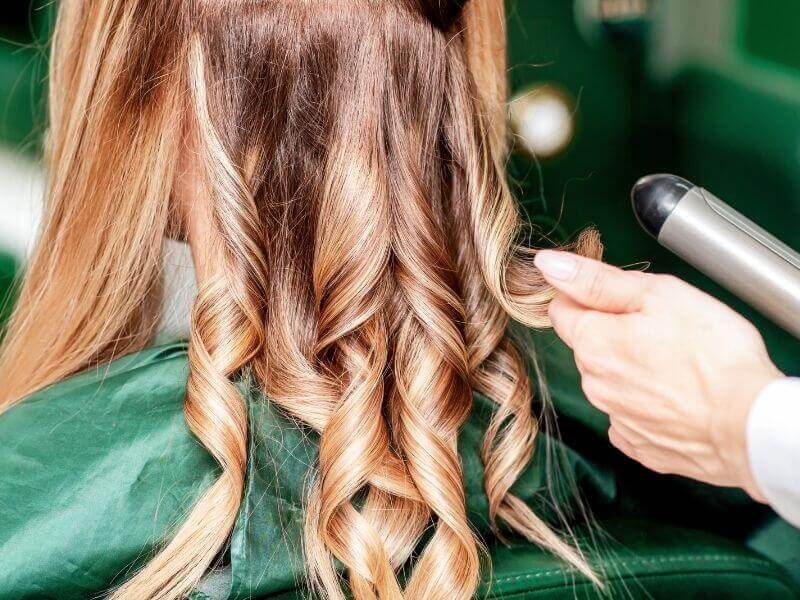
7. Common Mistakes to Avoid
To ensure your hair extensions stay in great condition, avoid these common mistakes:
- Neglecting Regular Maintenance: Extensions require ongoing care. Neglecting maintenance can lead to matting, tangling, and damage.
- Using Low-Quality Products: Invest in high-quality hair care products designed for extensions. Cheap, low-quality products can strip the extensions of their natural shine and longevity.
- Excessive Heat Styling: Overusing heat styling tools can weaken the bonds of your extensions and cause damage. Use them sparingly and always apply heat protectant.
-
Skipping Professional Help: Don’t attempt to install or remove extensions yourself unless you’re a trained professional. Improper installation or removal can damage your natural hair and extensions.

FAQs About Hair Extension Care
4. Can I Color My Hair Extensions?
– Yes, you can color Remy human hair extensions, but it’s best to have a professional stylist do it to ensure even results.
5. How Long Do Hair Extensions Last?
– The lifespan of hair extensions depends on factors such as quality, care, and the type of extensions. Quality Remy extensions can last up to a year or longer with proper care.
6. Can I Swim with Hair Extensions?
7. Do Hair Extensions Cause Damage?
Conclusion
Taking care of hair extensions is vital for maintaining their beauty and longevity. By following the steps outlined in this comprehensive guide, you have solved the question “How to take care of hair extensions”. At the same time, you can enjoy the transformative benefits of hair extensions while ensuring they remain in excellent condition. Remember to prioritize quality, daily care, and regular maintenance to keep your extensions looking stunning for months to come.
Don’t miss out on the chance to transform your look effortlessly. Visit Apohair’s website now to explore our stunning collection of hair extensions and discover the difference for yourself!
Next article: Keep Hair Extensions Tangle Free

